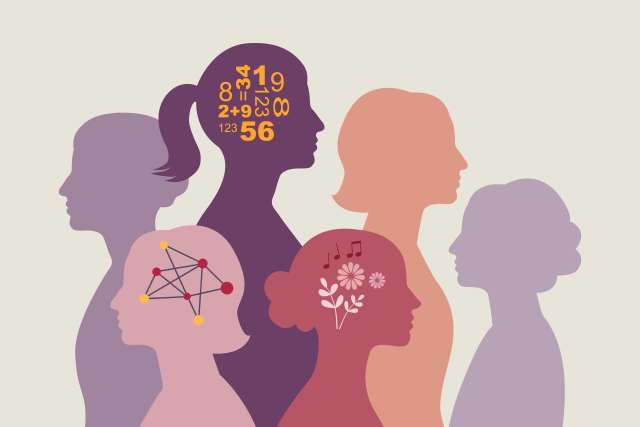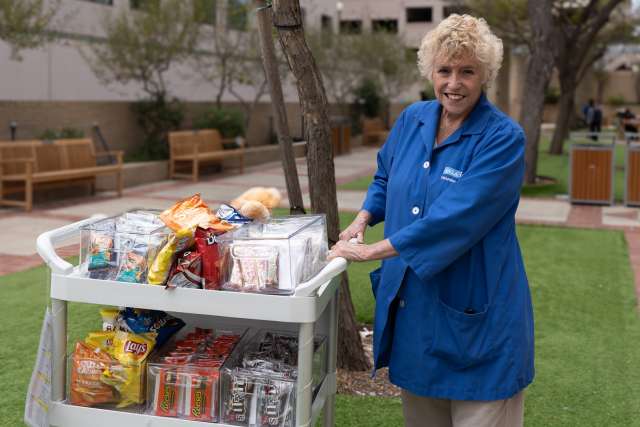FINDINGS:
Loneliness is no fun — and now it appears it's bad for you as well. UCLA researchers report that chronically lonely people may be at higher risk for certain types of inflammatory disease because their feelings of social isolation trigger the activity of pro-inflammatory immune cells.
In their analysis of 93 older adults, the researchers screened for gene function among different types of immune cells and found that genes originating from two particular cell types — plasmacytoid dendritic cells and monocytes — were overexpressed in chronically lonely individuals, compared with the remainder of the sample. These cell types produce an inflammatory response to tissue damage, and are part of the immune system's first line of defense, which produces an immediate inflammatory response to tissue damage.
It's this same inflammatory response that, over the long-term, can promote cardiovascular disease, cancer and neurodegeneration.
IMPACT:
The report provides further evidence of how lifestyle and social environments can impact human health. In addition, the researchers suggest that evolutionarily ancient immune system cells may have developed a molecular sensitivity to our social environment in order to help defend us against socially transmitted pathogens.
AUTHORS:
Steven Cole, a member of the UCLA Cousins Center for Psychoneuroimmunology, an associate professor of medicine in the division of hematology–oncology at the David Geffen School of Medicine at UCLA, and a member of UCLA's Jonsson Comprehensive Cancer Center.
Other authors were Lewis C. Hawkley and Jesusa M. Arevalo of UCLA, and John T. Cacioppo of the University of Chicago.
JOURNAL:
The research appears in the Feb. 7?11 issue of the journal Proceedings of the National Academy of Sciences.
FUNDING:
The research was funded by the National Institutes of Health, the John D. and Catherine T. MacArthur Foundation, the Norman Cousins Center at UCLA, the John Templeton Foundation, and the James B. Pendleton Charitable Trust.
MEDIA CONTACT:
Mark Wheeler | 310-794-2265 | [email protected]



